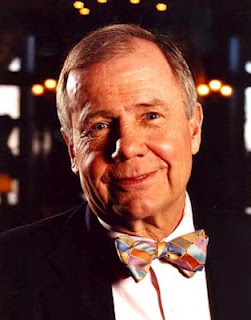A new book by a Canadian wealth adviser says that the anger between kids and their parents is especially strong in wealthier families.
The book, The Great White Elephant: Why Rich Kids Hate Their Parents, by Franco Lombardo, lays out the dark, intergenerational struggle that's playing out behind the mansion gates in many of today's richest homes.
Lombardo's starting point is the failure of wealth transfers and business transfers within rich families. Why, he asks, do 70% of family businesses fail to pass successfully to the next generation? The numbers for the second and third generations are even worse.
The question was especially puzzling since wealthy families hired so many sophisticated and expensive advisers and trust lawyers to help them along the inheritance path.
The answer, Lombardo found, was in the emotional issues and bad relationships that were brewing inside wealthy families.
"The emotional component just wasn't being dealt with," he told me in a recent interview. "The more money families have, the more these problems are magnified."
He said wealthy kids hate their parents for three common reasons. First, wealthy parents don't say "no" enough. "A child grows up with a sense that they get whatever they want," Lombardo says. "When they go out into the world and the world tells them 'no," they're angry. And they resent their parents."
The second cause is time. Wealthy parents are often absent parents, and the kids feel abandoned. When the parents try to make up lost time with money, the kids get even angrier. "Money is the wrong currency to pay back lost time. You make up lost time with time."
The third reason is society. The culture at large, Lombardo says, makes fun of rich kids. So parents tell their kids at an early age to hide their wealth. When the kids grow up, they feel that a big part of their identity has to remain hidden — and they blame their parents.
All of that anger can block or complicate the transfer of wealth or passing down of the family business.
So what can wealthy parents do to make their kids hate them less?
